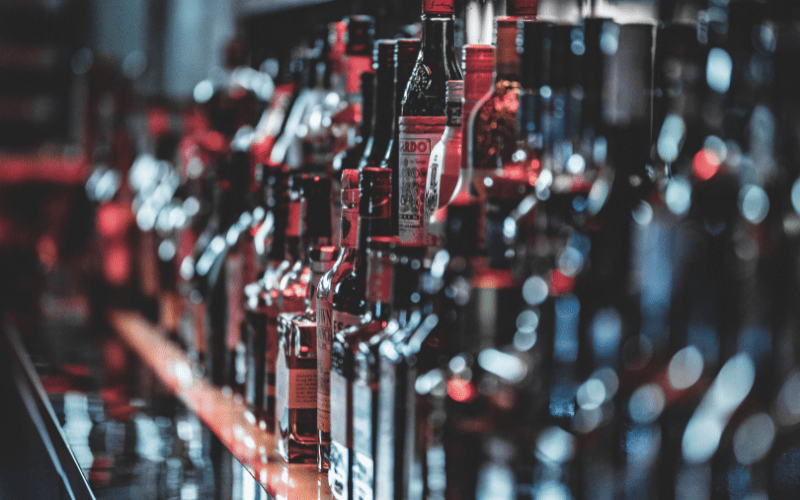Cause 4: Alcohol Consumption

Alcohol consumption can have a direct and significant impact on blood sugar levels, leading to hypoglycemia. This is especially true for individuals who consume alcohol without eating, as well as for those with diabetes or other conditions that affect blood sugar regulation. Alcohol inhibits the liver’s ability to produce glucose, which can be dangerous for people who are already at risk of low blood sugar levels.
When the liver is processing alcohol, its ability to release glucose into the bloodstream is impaired. This can be particularly problematic for individuals who use insulin or other medications that increase insulin levels in the body. Since these medications already lower blood sugar, the added effect of alcohol can lead to dangerously low levels of glucose.
The symptoms of hypoglycemia caused by alcohol may not be immediately apparent, especially since they can be masked by the effects of the alcohol itself. This delay in recognizing hypoglycemia can lead to severe and potentially dangerous situations. Symptoms such as dizziness, confusion, and drowsiness may be attributed to alcohol consumption when in fact they are signs of low blood sugar.
It is important for individuals who consume alcohol to do so in moderation and always with food. This can help mitigate the impact of alcohol on blood sugar levels. Additionally, monitoring blood glucose before and after drinking alcohol can help individuals understand how their bodies react and take appropriate measures to prevent hypoglycemia.
For people with diabetes or other conditions that affect blood sugar, it’s crucial to consult with healthcare providers about the safe consumption of alcohol. They can provide personalized advice and guidelines based on individual health status, medication regimen, and lifestyle. (4)